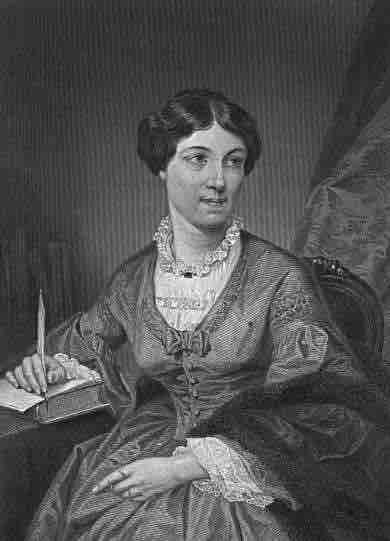Harriet Martineau
Harriet Martineau (12 June 1802 – 27 June 1876) was an English social theorist and Whig writer, often cited as the first female sociologist . Although today Martineau is rarely mentioned, she was critical to the early growth of the sociological discipline. Martineau wrote 35 books and a multitude of essays from a sociological, holistic, religious, domestic, and, perhaps most significantly, feminine perspective. She earned enough to be supported entirely by her writing, a challenging feat for a woman in the Victorian era. As a theorist, she believed that a thorough societal analysis was necessary to understand the status of women. She is notable for her progressive politics. Martineau introduced feminist sociological perspectives in her writing and addressed overlooked issues such as marriage, children, domestic life, religious life, and race relations.

Harriet Martineau, 1802-1876
Harriet Martineau introduced Comte to the English-speaking world by translating his works.
Translating Comte
Although Auguste Comte is credited with launching the science of sociology, he might have been forgotten were it not for Martineau, who translated Comte's 1839 text, Cours de Philosophie Positive, from French into English. As she translated this piece, she also condensed Comte's work into clearer, more accessible terms. In 1853, her translation was published in two volumes as The Positive Philosophy of Auguste Comte. Her translation so dramatically improved the work that Comte himself suggested his students read her translations rather than his original work. Most significantly, her translation brought Comte's works to the English-speaking world.
Martineau's Writing
As early as 1831, Martineau wrote on the subject of "Political Economy" (as the field of economics was then known). Her goal was to popularize and illustrate the principles of laissez faire capitalism, though she made no claim to original theorizing.
Martineau's reflective writing, published in Society in America in 1837, are prime examples of her approach to what would eventually be known as sociological methods. Her ideas in this field were set out in her 1838 book, How to Observe Morals and Manners. She believed that some very general social laws influenced the life of any society, including the principle of progress, the emergence of science as the most advanced product of human intellectual endeavors, and the significance of population dynamics and the natural physical environment.